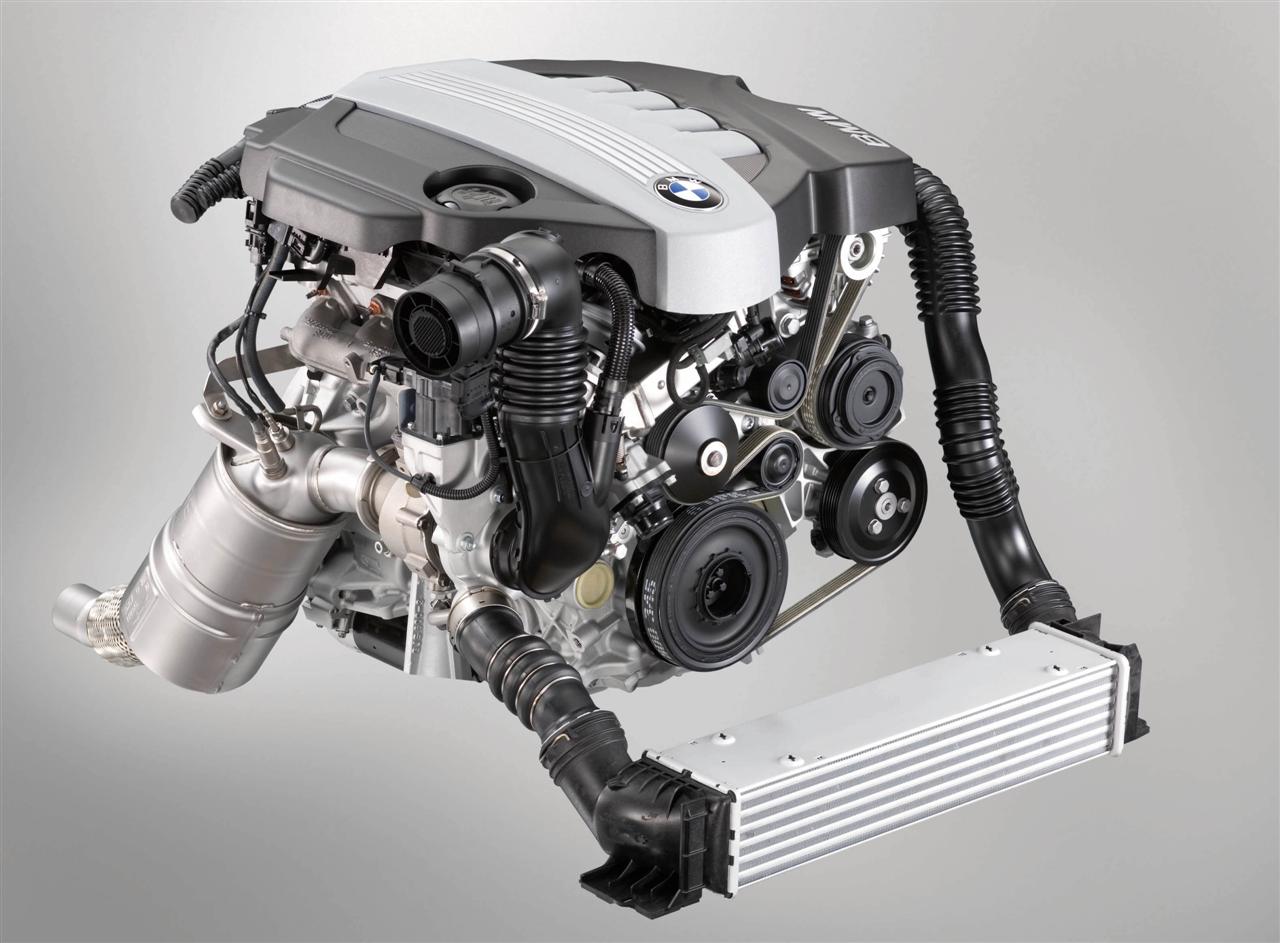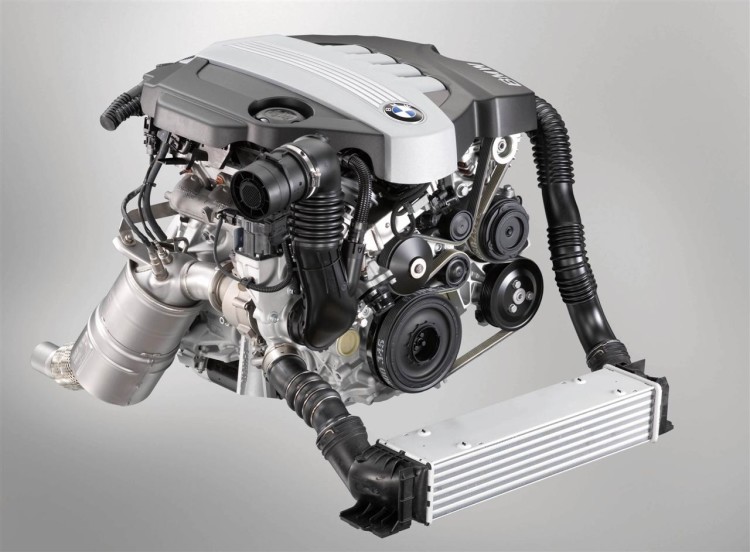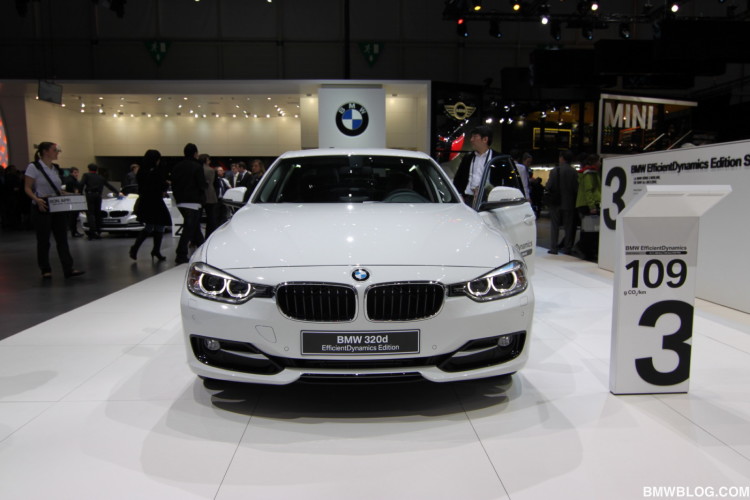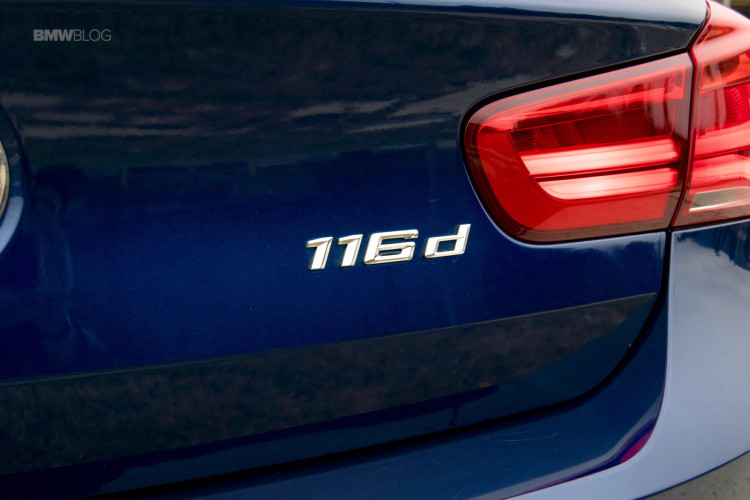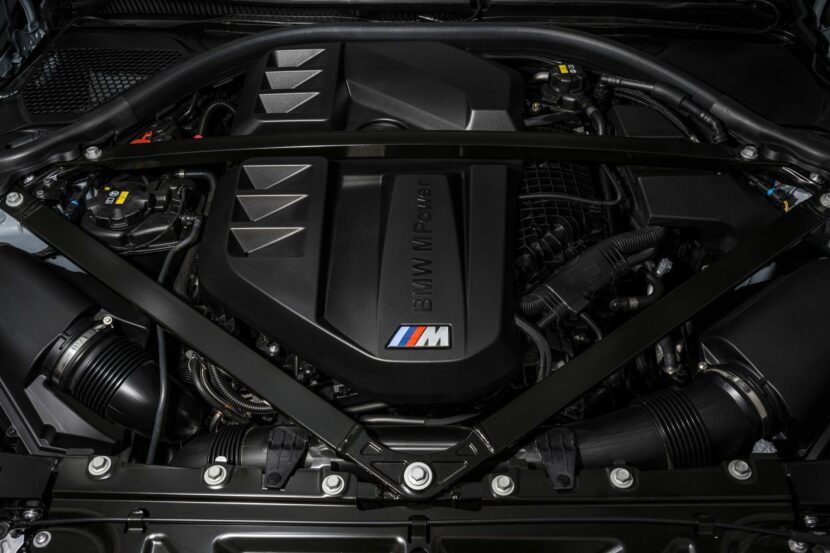The BMW N47 engine series represents a significant milestone in the development of diesel powertrains by the renowned German automaker. Launched in 2007, the N47 came as a successor to the M47 engine and brought numerous advancements in terms of efficiency, performance, and emissions. As a common choice across a wide range of BMW models, from the compact 1 Series to the executive 5 Series, the N47 has made a substantial impact on the market. It’s also an engine that has been in the news recently due to a major recall which affected nearly 800,000 vehicles, globally. But how reliable is this engine? Let’s delve into the N47’s strengths and weaknesses.
Overview of the BMW N47 Engine
The N47 engine is a family of turbocharged diesel engines varying in displacement from 1.6 to 2.0 liters. Notable for its aluminum crankcase, the engine is lighter and more efficient than its predecessor. It features a double overhead camshaft (DOHC) design and employs common-rail direct fuel injection and a turbocharger to enhance performance and reduce emissions. The N47 was designed with BMW’s EfficientDynamics philosophy in mind, focusing on optimizing fuel consumption and reducing CO2 emissions without compromising on the driving experience.
Reliability Concerns and Solutions
The N47 engine series has been subject to scrutiny regarding its reliability, with several issues coming to the forefront. One of the most significant concerns has been the timing chain failure, attributed to the chain’s placement at the rear of the engine, making repairs both complicated and costly. A telltale sign of this issue is a rattling noise emanating from the engine’s rear. Should the timing chain fail, it could necessitate either a complete engine replacement or an expensive repair.
Issues with swirl flaps and EGR valves have also been reported, potentially leading to decreased performance and increased emissions. BMW has issued a recall to over 1.6 million vehicles in 2018 for the EGR issues. BMW has taken steps to address these issues in later models and through service campaigns, including reinforced components and updated maintenance protocols. Owners are advised to adhere to a regular maintenance schedule and consider preventive measures, such as timing chain inspections and swirl flap removal, to enhance reliability.
Efficiency and Performance
One of the N47’s biggest selling points is its impressive fuel economy. Thanks to its advanced design and turbocharging, the N47 delivers excellent highway mileage, making it a great choice for long-distance travel. This efficiency does not come at the expense of performance, as the engine provides a responsive and dynamic driving experience characteristic of BMW’s diesel engines. The N47’s power output ranges from 94 to 215 hp, catering to a variety of driving needs from economical commuting to more spirited driving. The most powerful variant was used in the following models:
- F20 125d
- F22 225d
- F30 325d
- F32 425d
- F10 525d
- E84 X1 xDrive 25d
Engine Variants
- N47D16 – 1.6 liter (2012-2013)
- N47D20 – 2.0 liter (2007-2011)
Tuning and Upgrades
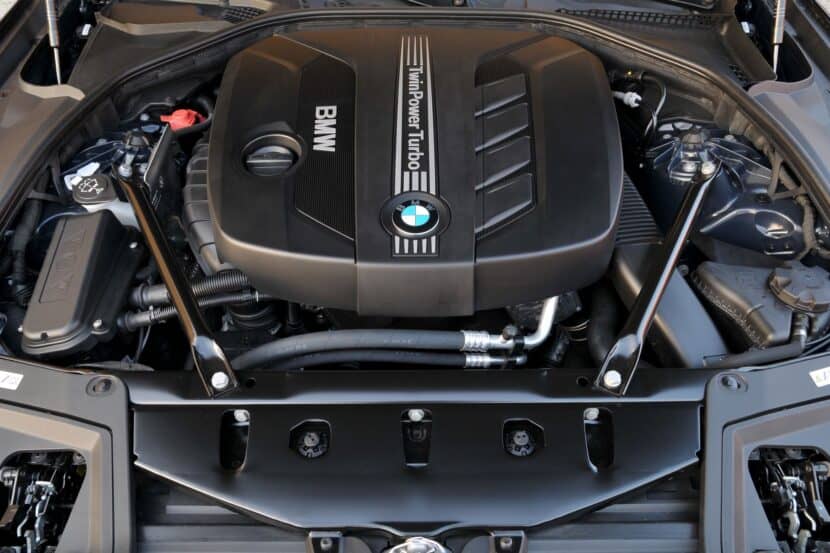
For enthusiasts looking to extract more performance from their N47 engine, there are numerous tuning and upgrade options available. Remapping the engine’s ECU can unlock additional horsepower and torque, enhancing acceleration and overall drivability. Upgrades such as larger turbochargers, high-flow air filters, and performance exhaust systems can further improve performance. However, it’s essential to approach tuning with caution, as modifications can affect the engine’s reliability and void the manufacturer’s warranty.
Should I Get A BMW With The N47 Engine?
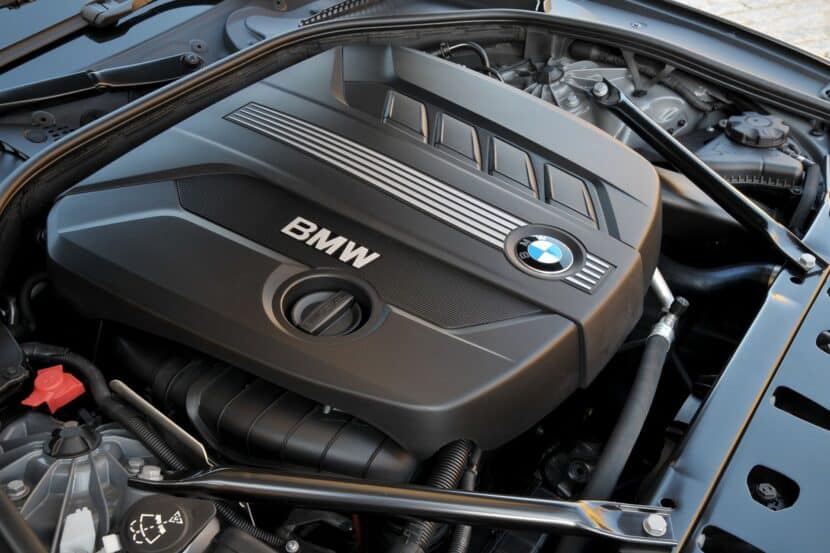
Overall, the N47 engine stands out as a solid performer. It delivers respectable power and offers an abundance of torque early in the rev range. Despite its merits, the N47 has faced criticism, largely due to concerns over timing chain reliability. Up until 2011, these engines were susceptible to catastrophic timing chain failures. However, post-2011, BMW implemented revisions to the engine design, significantly mitigating the risk of such failures to the point where the issue would manifest as a mere clacking noise, if at all. Between 2013 and 2015, the engine underwent further enhancements, resolving the chain issues.


